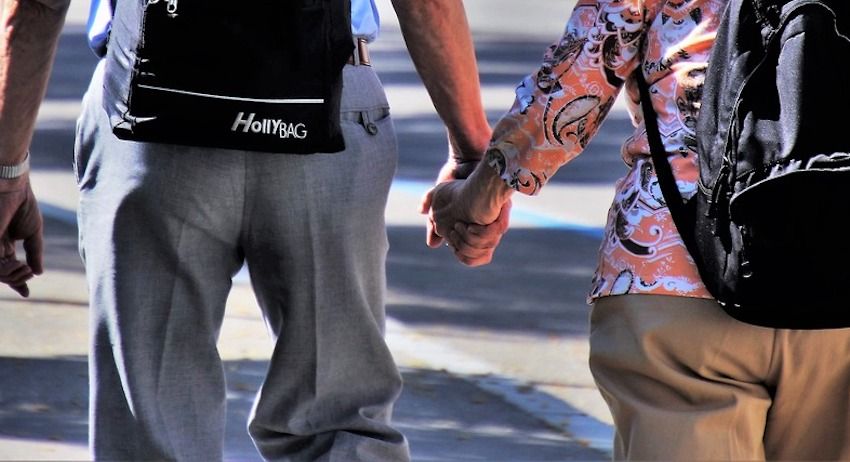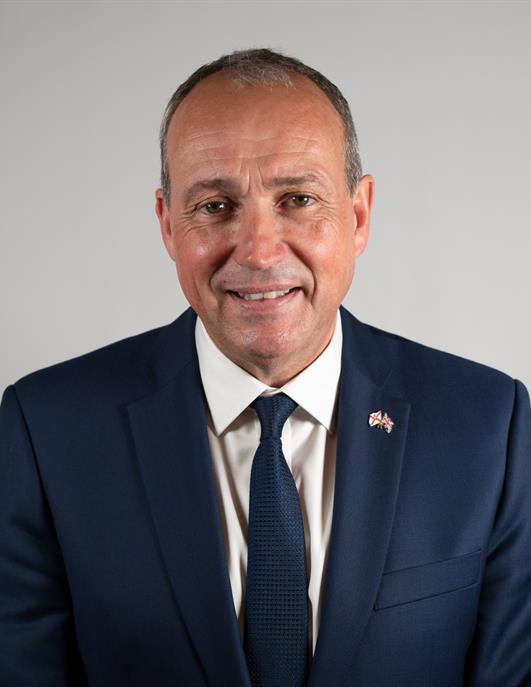


Older married couples are "uneasy" at the prospect of being "forced" to move to independent taxation, according to a States Member who is pushing back on the plan.
Legislation being presented to the States Assembly this year will make it compulsory for all married couples and civil partners to be independently taxed from 2025.
But Deputy Lyndon Farnham has put forward a proposition calling for independent taxation not to be mandatory for married couples and civil partners who currently complete a joint tax return and choose not to elect for independent taxation.
After an initial push to reform the personal taxation system from then Treasury Minister Susie Pinel, the States Assembly agreed that from 2022, anyone who gets married or becomes a civil partner or anyone arriving in Jersey will be responsible for filing their own tax returns and paying their own bills.
Deputy Farnham said his proposition "fully supports" the previously agreed position of independent taxation as the "default position" for all new married couples and civil partners.

Pictured: Deputy Farnham said he still supports the position of independent taxation.
He added: "However, I believe a number of islanders are uneasy about the retrospective nature which would force all existing tax paying couples to begin filing independent returns. I support independent taxation, but I didn't vote to make it compulsory or retrospective."
"Islanders who have contacted me belonging to the older generation of our community don't understand the rationale of forcing this on them when the joint tax return has been working exceptionally well for married couples since the Income Tax law was introduced in 1928."
His proposition therefore seeks to allow existing tax-paying married couples and civil partners to continue to file joint tax returns should they choose to.
Answering a question in the States Assembly earlier this month, Deputy Elaine Millar confirmed that out of approximately 19,000 taxing paying married couples and civil partners, only 121 couples from a pilot group and 282 others had opted for independent taxation for 2022 and 2023.
"It is proving to be most unpopular," Deputy Farnham said.
"Many Islanders simply don't want to change, but would like for ease to continue operating with the existing system."
While there is no financial impact for some couples, the new tax rules means approximately 7,000 couples would see their tax liability increase.
Where one partner has income below the single person's income tax threshold, which was £18,550 for 2023, and the other partner's income is more, the two independent tax bills added together may be more than was paid with the current allowances.
The couple will be able to claim a compensatory allowance for the difference when Independent Taxation is made compulsory, but it is proposed that allowance will be in place for only 10 years.
Deputy Farnham added that the logistics of the compensation scheme, particularly for the older generation, pose more of a problem where the husband, or the wife, will never have completed a tax return prior to this.
In addition, where one individual may have become ill or incapacitated and physically unable to complete a form there are no exemptions to allow a joint return.
The proposition is due to be debated on 13 June.
Deputy Farnham acknowledged that it might be a "challenge" to get all States members on board, "but it's certainly worth a debate in the States".
Read Deputy Farnham's proposals here.
Comments
Comments on this story express the views of the commentator only, not Bailiwick Publishing. We are unable to guarantee the accuracy of any of those comments.